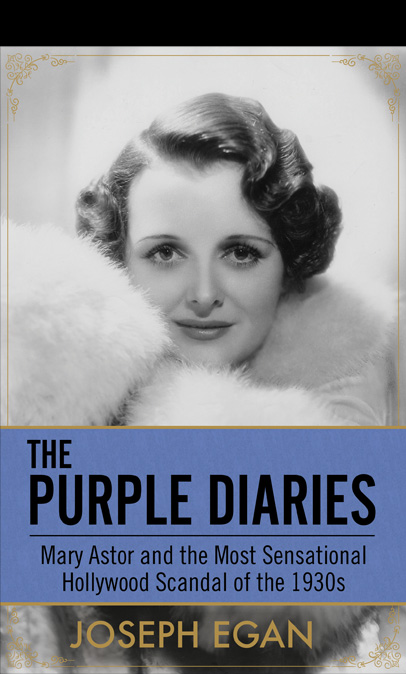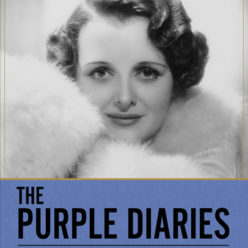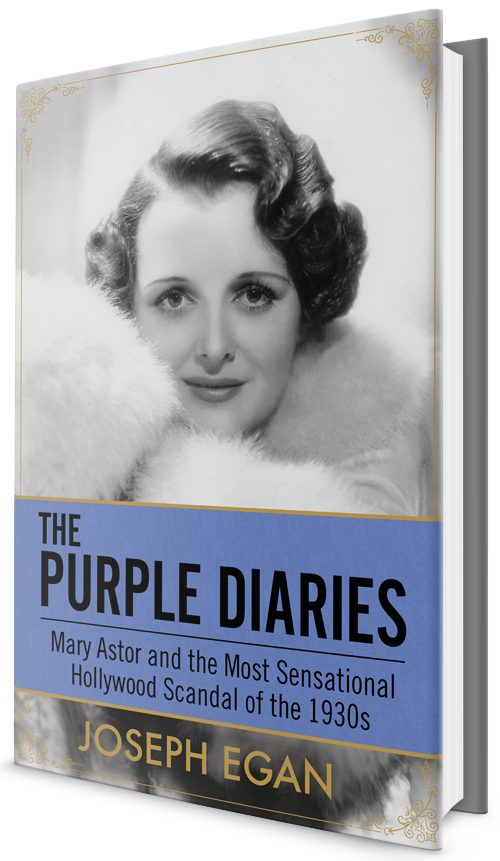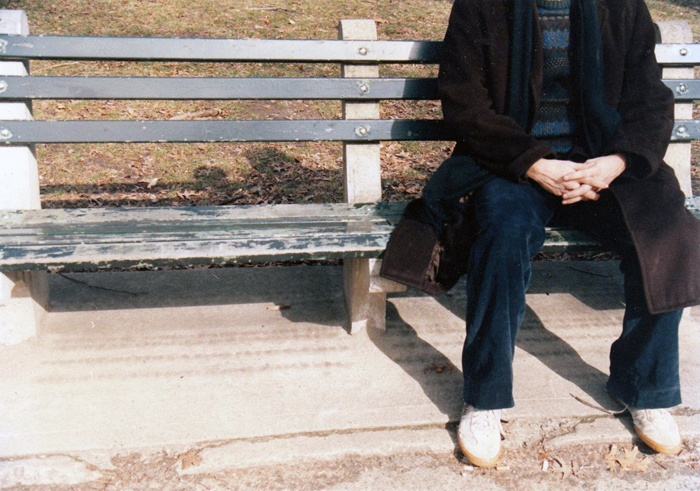
![]()
For the next few weeks I’m going to post some interviews I did in the 1970s. Today, the 70s are considered a revolutionary time for American Cinema during which time Hollywood films began to incorporate the style and substance of European films made the previous decade. It was also the time of the auteur—directors who placed their personal stamp on the films they made. This is how this time is seen in hindsight. But, at the time—as these interviews will show—these years during these years were seen by the people making movies as simply making movies as usual.
This first interview is with Cornelia Sharpe who was at the beginning of a career that had begun a few yeas earlier and was now on an upward trajectory. She had created a buzz with a series of A-list movies starring Al Pacino, Peter Fonda, William Holden, Peter Boyle, and Elliott Gould. These performances and the fact that she was perhaps the most beautiful woman I had ever meet in person made me believe she was headed for the top.
Unfortunately, talent and looks aren’t always enough. The “Next Man,” the film she was promoting at the time of the interview, tanked and she would only make four more films before she married and spent the next twenty years raising her daughter. Consequently, Sharpe represents the rule and, those performers who achieve super stardom, the exception. Because Sharpe was extremely bright, ambitious and had the advantage of being personally involved with producer Martin Bergman producer of Scarface and Serpico—and whom she would marry in 1981—it makes it painfully obvious how much luck plays a part in movie stardom.
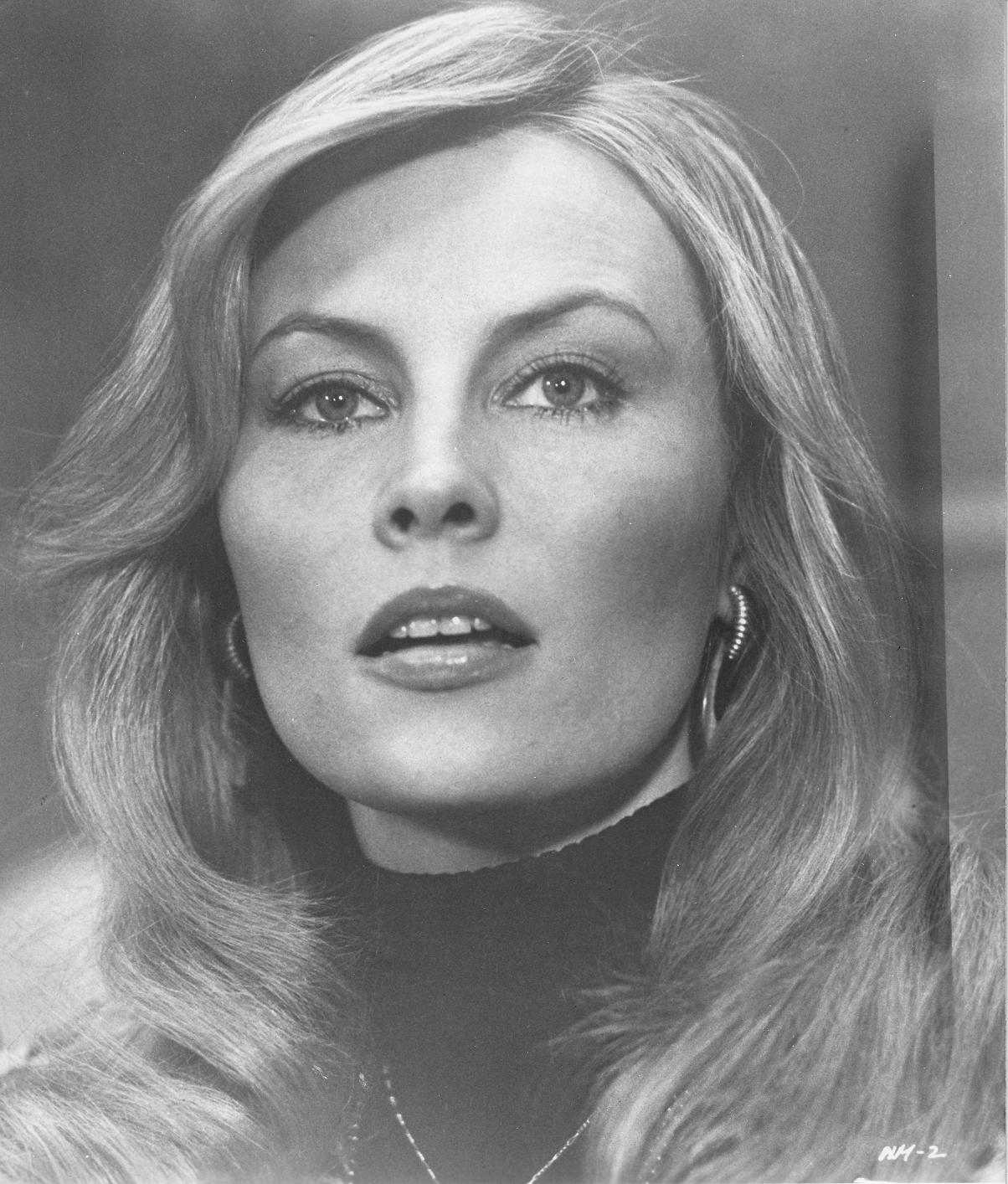
ACTRESS CORNELIA SHARPE
Cornelia Sharpe was in her early 30s when I spoke with her. She was promoting “The Next Man,” a political thriller in which she co-starred with Sean Connery. I met her in the hotel lobby where she was staying. Because she had been late to her last interview, the reporter left and, so, Sharpe was happy to see me as I could pick up the slack. We headed up to her hotel room where I found out that she had never done a publicity tour. Intrigued and excited by the process, she was bubbling with energy and enthusiasm.
EGAN—I was reading your PR bio…
SHARPE—You know it says I was born in Salem Alabama. Well, I was born in Selma.
EGAN—Why don’t you sit down. You’re making me nervous.
SHARPE—I can’t see you if I sit there. The light will be in my eyes.
I moved, she sat and now the light was now in my eyes.
EGAN—Tell me a little bit about the film?
SCHARPE—I play a modern Mata Hari and I’m hired to assassinate Sean Connery. He plays the Arabian Minister Of State. The film deals with problems of the Middle East, principally the Arabian-Israel oil situation. It’s also a love story because my character falls in love with the Connery character and you don’t know whether I’m going to kill him or not.
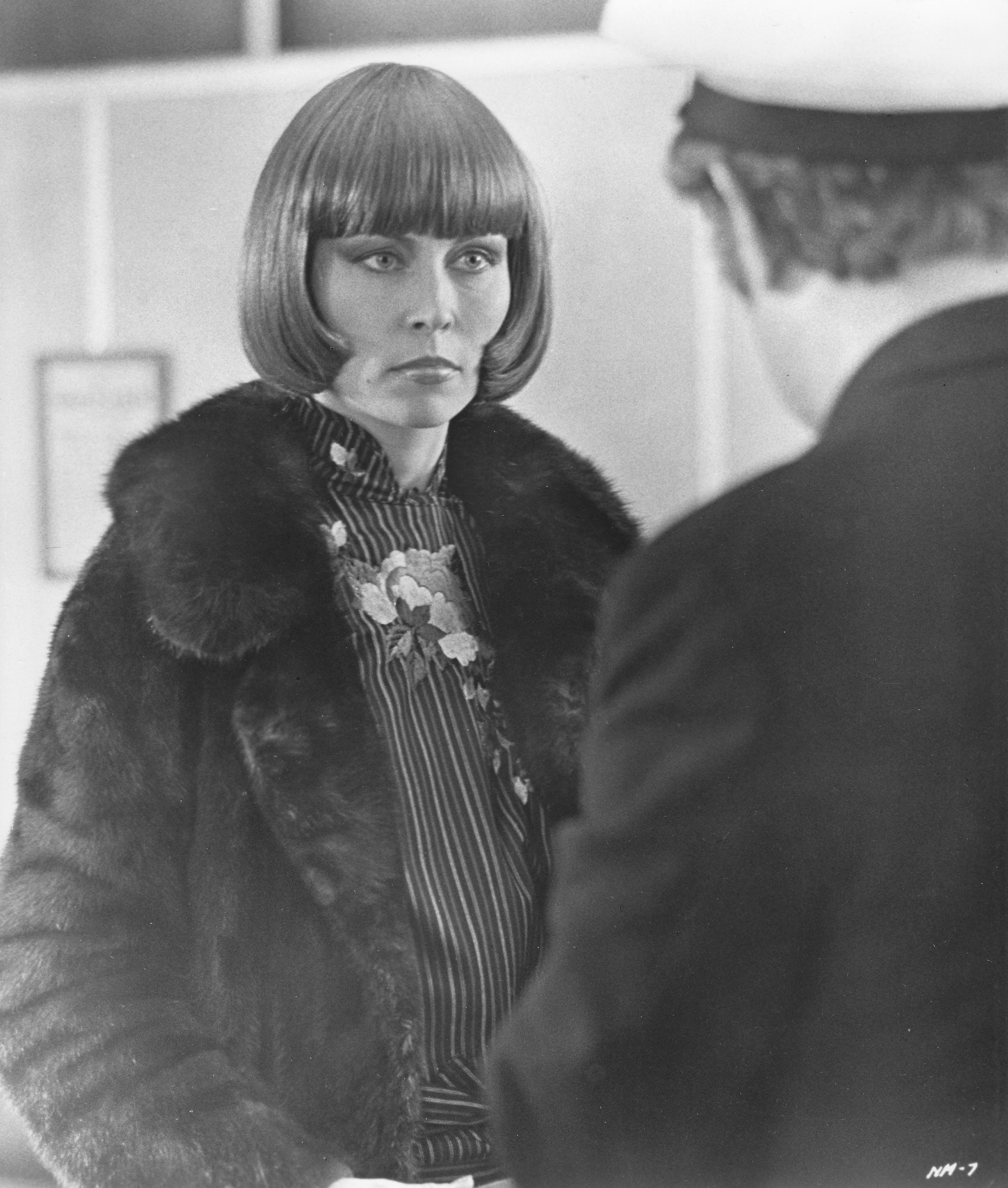
Sharpe In The Next Man
EGAN—And the director?
SCHARPE— Richard Sarafian. He did Vanishing Point, Man In the Wilderness, Man Who Loved Cat Dancing. He’s very good. The guy who front line produced is Martin Bergman whose done two films; Dog Day Afternoon and Serpico. He was there every minute.
EGAN—And your character.
SCHARPE—An exciting and glamorous character whose a real femme fatal. I had 28 costume changes. In fact, I had to use my own personal wardrobe since they didn’t have the budget for
EGAN—Where was the film shot?
SCHARPE— We were in eight countries for 15 weeks. We shot in England, Germany, Austria, South Of France, Morocco, New York Nassau and Iceland. I have to tell you, coming back to this country was a great feeling,
EGAN-Why?
SHARPE—We were scheduled to shoot in Ireland and three nights before we arrived the hotel we were supposed to stay at was bombed and so we had to change all the reservations. Then, every night when we went to the hotel from location, they inspected our luggage for bombs and that was scary. I didn’t have a single peaceful night’s sleep the whole time I was there. I will tell you, until you’ve been in that kind of situation you don’t know what war is until you’ve been that close to it.
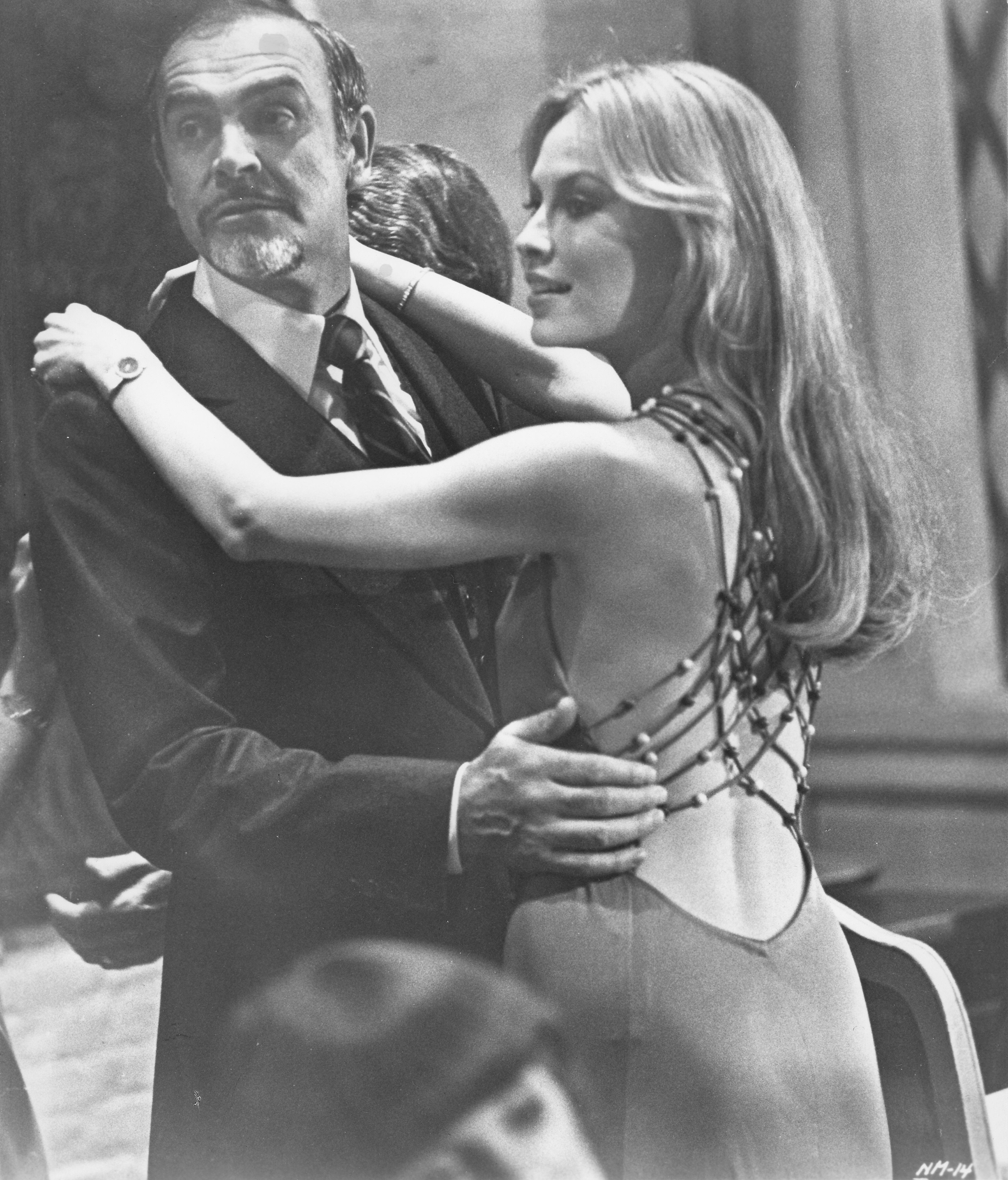
Sean Connery And Sharpe In The Next Man
EGAN—How did you like working Sean Connery?
SCHARPE—I love it. He’s fabulous. He’s just like you and me. He’s very warm and a terrific guy who’s got his act together and deals with success beautifully.
EGAN—So, how does it feel to be a movie star?
SCHARPE—(Sharpe laughed.) I’m not a movie star, I’m an actress?’
EGAN—All right. What was your first movie, then?
SCHARPE—KANSAS CITY BOMBER.
EGAN-That was a good film. Very underrated.
SCHARPE-I agree. I liked it too I played a skater. It was a small part and I could be a real meanie in it.
EGAN—After that?
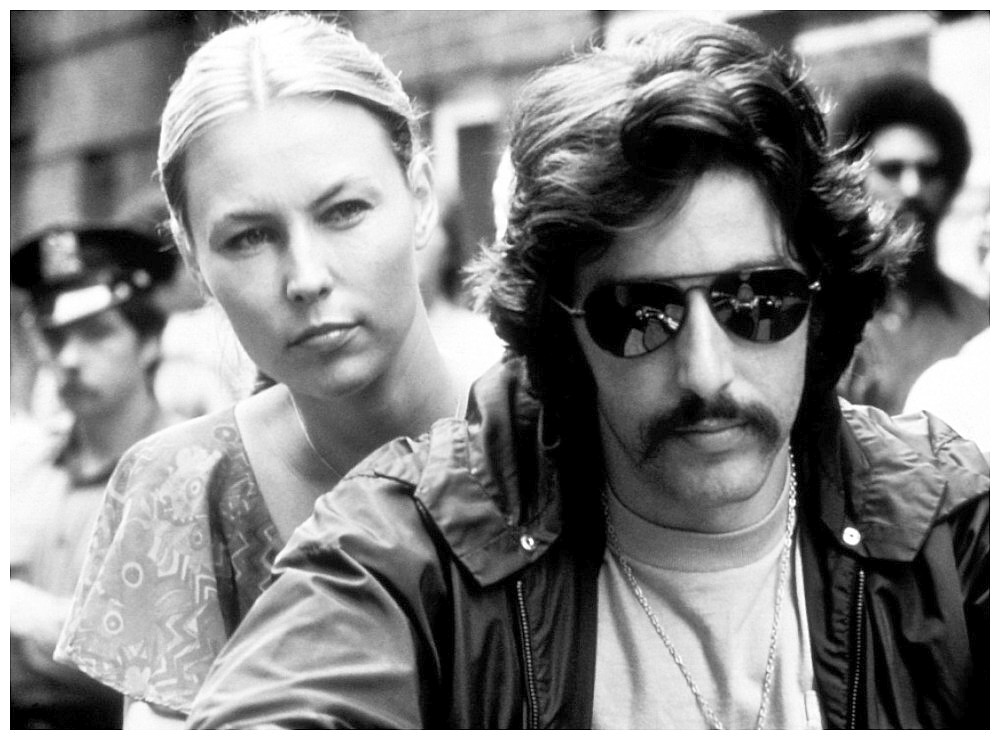
Sharpe And Al Pacino in Serpico
EGAN—That’s right. You were the pretty girlfriend. How did it feel appearing nude with Al Pacino?
SHARPE—In the bathtub scene? How did it feel? What do you mean how did it feel?
EGAN—I didn’t mean it that way. I meant emotionally. We’re you embarrassed?
SHARPE—Listen, I wasn’t nude all the way. I’ll tell you I don’t like doing nudity. Nobody likes nudity. No actress likes it for the sake of doing it. But in SERPICO there was a very important reason for that scene. If you understood the guy, and how many problems he had trying to deal with police corruption, he didn’t have relationships on his mind. Every time Leslie, my character in the film, tried to confront him she couldn’t do it. So, the only place to corner him was the bath tub. It was important for that scene to be in that place or otherwise she wouldn’t have been able to confront him like she did and it wouldn’t have happened. Therefore, there was a good reason for the nudity and if there is a good reason for nudity I have nothing against it.
Because of the light glare I took off my glasses and she smiled.
SHARPE—Thank you for taking off your glasses. Now I can see your eyes. I couldn’t see them because of the glare from the window. I like to look at people’s eyes.
EGAN—What do you think of your work in this film?
SHARPE—Well, I can’t criticize myself. I look at a performance and I can always improve on it. I can see the way that I should have been doing this or should have been doing that and I can’t change it now. So, I don’t like to look at myself.
EGAN—It’s also in the cutting. You’re shooting a scene and you’re reacting to something. When it hits the cutting room floor you find that you’re emoting to something you never emoted to. They just put it someplace else.
SHARPE—But, it’s gotta be there on film for them to work on in the editing room. Look, cutters can make or break you, so you get a good editor. If you’ve got an editor and they’re trying to do their best and they feel it’s important, then fine. I did a couple of scenes in SERPICO that were cut and they belonged on the cutting room floor. They were cut for the sake of the film. If the film doesn’t work I don’t care who you are, no one’s going to see you. Actors don’t pull people out of their homes anymore. People want movies that work for an audience. If they don’t they go right down the tube no matter who’s in them. If a film doesn’t work I don’t care who you are, no one’s going to see you. Jack Nicholson did four films last year and got an Academy Award for one; COOKOO’S NEST. He’s brilliant. I love him as a person. I respect him as an actor and an individual. But no one went to see THE PASSENGER. No one went to see MISSOURI BREAKS and look at that cast; Marlon Brando and Jack Nicholson. Actors don’t bring people in. Look at THE FORTUNE. Warren Beatty and Jack Nicholson and it went right down the tubes because it didn’t work with an audience. JAWS and THE EXORCIST had no real stars. But those movies worked with audiences. People want their money’s worth. It doesn’t matter who’s in it. Truth is there’s no real stars anymore. Streisand is the only woman financeable in the entire industry. There are only three or four male actors that can get a project going on their name’s alone; Redford, Pacino, Nicholson, Hoffman and maybe DeNiro and even with him there isn’t anything that he’s done without it first being submitted to Pacino. For anyone else, to get the money to make you need a script and a story that people will want to see.
EGAN—So, then you don’t think a star is worth 1.5 million dollars? Do you think Brando is worth 2 million dollars?
SHARPE—Don’t ask me that. Ask someone whose getting it. I don’t know. Look, I don’t do it for the money. If I was in this thing for the money I’d have stayed in modeling where I was making a fortune. I’m doing it because I want a career and I love what I’m doing.
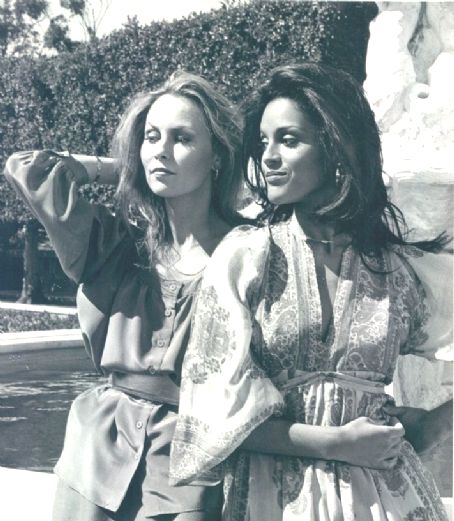
Sharpe Modeling
EGAN—Why do you love acting?
SHARPE—I like people. I study people and become someone else. It’s a compendium. I like to become other people. I don’t just want to be me. I’m a Libra so I fantasize a lot. What can I tell you?
EGAN—What did you do as a child. Were you alone?
SHARPE—I was very lucky. I have a lot of cousins and a huge family. I had so much fun. My mother was one of seven and my father is one of five. I never played alone. One of my aunts has seven kids and I was with kids all my life.
EGAN—Then where did this desire to conjure come from?
SHARPE—You see, I didn’t plan all my life to be an actress. It came gradually. I don’t know what happened but when I was about four or five years old my cousin who I spent a long time with studied ballet. I wanted to take ballet and be a prima ballerina. When I was 16 George Balanchine was touring Florida looking for talent for the fall company and he took me to New York. I was 16 and on my way to dental hygiene school that summer to become a denial hygienist like my mother. I got to New York as a dancer and I went up for this TV commercial with a girlfriend as a joke and I got it. It was for Newport Cigarettes. It was one thing happening right after another and I followed the way that was given to me. So, I didn’t go back to dental school and stayed in New York where everything was happy there. I thought that I could go back to Chapel Hill North Carolina when I was 30. So why should I do that now when I could go later if I wanted.
Things were so lucky for me. Ballet lead to TV commercials and that lead to modeling. I could dance and I could deliver lines because I’m gregarious and love people and I talk a lot whereas a lot of models are not outgoing. They are basically shy. So, I filled a gap for TV commercials that nobody else did. I did over 200 commercials in eight years of modeling. Time Magazine did two articles on me about that because it’s rare to do that many. Then one day in 1969 my TV agent had a call for a Broadway show and he said, “You’d be all right in it, run over there, run right over there now.” They handed me a piece of paper and I went out and I read for David Merrick and Barbara Harris for the play The Penny Wars. I never studied acting; I never did anything and got the part. So, I said to myself, “Jesus, you better start studying acting.” I did that play. I also did Play It Again Sam and lot of other things. So you see, I feel like there was a guiding hand showing me the way.
EGAN—You’re a very attractive woman. Guys look at you and probably say there’s a hot woman, let me see what I can get off her. Have you encountered that attitude career wise?
SHARPE—No way. There’s a lot of pretty girls but how long do they last. If there’s no talent there’s nothing.
EGAN—Were you attractive as a young girl?
SCHARPE—Braces, pig tales, tom boy, climbed trees, canoeing in my back yard, slumber parties, telling dirty jokes in the middle of the street, putting “for sale” signs in people’s yards and soap suds in their swimming pools.
EGAN—Soapsuds in swimming pools?
SHARPE—Well, I had a boyfriend who I loved so much but who didn’t love me so I put a whole bottle of soapsuds under the diving board where the water came out and the next day the soap was all over the grass and all over the pool. I even egged his house once when I got mad at him. I threw a dozen eggs on his house and nobody knew what it was, but it smelled terrible.
EGAN—When was it that you started becoming attractive and men began taking notice.
SHARPE—I guess when I lost the baby fat and, also, l had guidance—applying make and things like that—from modeling. I worked with Wilhelminia for four years.
EGAN—It was after you went to New York?
SHARPE—Right, that summer I had just turned 16.
EGAN—I know a lot of girls who are very attractive and that’s their biggest hang up. They feel when they meet men that’s all men are interested in. They get jobs because of it. Do you believe that’ was true in your case.
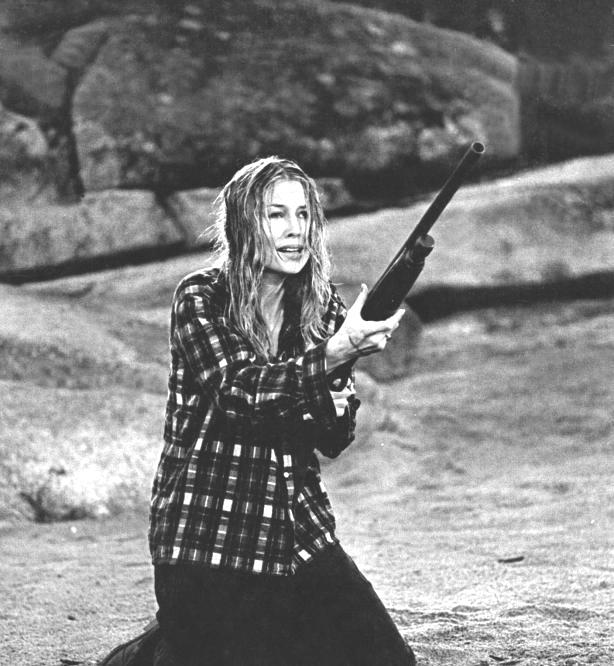
Sharpe In Open Season
SHARPE—Look, I don’t think that’s why I got the couple of parts I got. I got cast in Open Season for a lead part and a lot of other films by people seeing footage of me and not seeing me in a room and sizing me up physically. They saw my work on the screen.
EGAN—You mean producers don’t go, “What you got under that dress?”
SHARPE—No way. They’ve got a lot of money invested in what they’re doing.
EGAN—Why did you have to study acting. Why couldn’t you learn it by just doing it? Bette Davis never took an acting lessen in her life.
SHARPE—Look, if you’re going to do something you’d better find out about it. There’s talent but there’s also study to develop that talent properly. I worked with Strasberg, I worked with others; Peggy Fuery for one who was in California and who taught for Lee for many years. Unfortunately, we don’t have Vaudeville in this country like we had years ago. So, there’s no place now in this country for an actor to go out and get experience and training. The first two three things you are up there on the big screen and everyone sees you and you get criticized before you can really learn your craft. It’s not like a fighter where you’re in training every day training for a fight. Whereas in England someone like Michael Caine and all those English Actors have been playing 52 roles a year in English Reparatory on the stage and they have a place to learn and improve.
EGAN—But, there is a difference between stage and screen acting.
SHCARPE—Absolutely.
EGAN—What do you think it is?
SCHARPE—On the screen it’s all in the eyes. A lot of it is in the eyes, really. They’re the doorway into the soul.
EGAN— Career wise, at the start, what film do you think helped you a lot besides SERPICO?
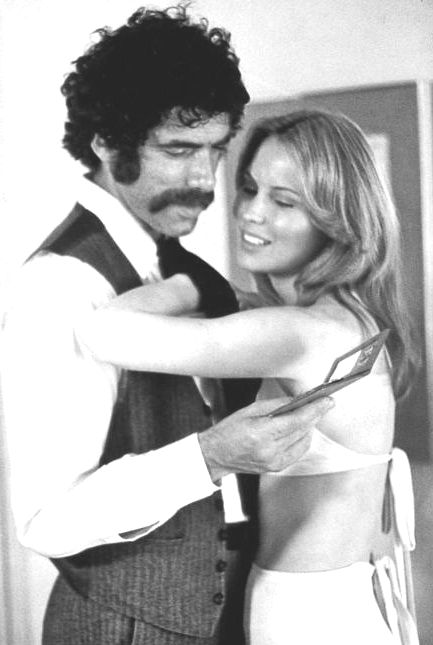
Sharpe With Elliot Gould In Busting
SCHARPE—BUSTING. In the beginning of the film I played the hooker who had an appointment with the Dentist and Elliott Gould came to the apartment and busted me and then we had a scene where I got off. Peter Hyams directed and he’s a fabulous director. Since the scene was at the beginning of the film I really stand out. I enjoyed the part.
EGAN—And Elliott Gould
SCHARPE—Elliott Gould is terrific. Every morning he was playing basketball outside his trailer bumping into everything.
EGAN—Now that you’re on this publicity tour do you dig being interviewed?
SHARPE—I love it. I’ve been out like this since 8 AM. It’s really wild.
EGAN—You’ve never done this before, not even with SERPICO?
SHARPE—No, this is my film. It’s my biggie. I’ve got equal billing above the title with Sean Connery and it’s such a great film.
EGAN—Did you have that before?
SHARPE—No, this is the biggest but I got star billing on Peter Proud and in Open Season I was second billed. Peter Fonda, Cornelia Sharpe in Open Season.
EGAN-How would you compare working with say a Peter Fonda to working with an Al Pacino or Sean Connery.
SCHARPE—As an actor Fonda’s not in the league with Pacino or Connery. Peter Fonda is basically a personality. All Pacino is a fine actor; a brilliant actor. So, you can’t put Fonda in a class with an actor like Pacino. It’s apple and oranges.

Peter Fonda
EGAN—This is a stupid interview question. But here goes. Were you able to relate to your part in this film?
SHARPE—No, it’s not a stupid question. You may ask the same question but there’s so much for me to do with a question like that. It’s an important question.
EGAN—You get the script. Do the lines come first for you to build your character?
SHARPE—The lines come last. You read a scene and you say, “What’s happening? What do I want from this person? Where am I? Who am I? Where am I going? What am I doing? What do I want from this scene?”
Sharpe’s press rep, Myrna walked into the room and took a seat on the bed.
EGAN—Now tell me, why aren’t you into this star trip and, frankly, from hearing what you have to say about yourself you don’t you seem all screwed up like a lot of other performers. You had a relatively normal childhood and reached the top without a dehumanizing struggle. So, want do you think is the key to who you are?
SHARPE—(She Turned to Myrna) What’s the key to me. You’re more subjective then me. Help me.
EGAN—(To Myrna) Why doesn’t she seem screwed up like a lot of performers.
MYRNA—Well, maybe that’s the key to who she is. What’s wrong with knowing who you are, where you want to go and what you want?
EGAN—There’s nothing wrong with it. It’s just it’s rare. Be honest, how many people in the business do you know who are really together.
MYRNA—A lot of them. Cornelia’s together and I’m together. The point is you’re not meeting another nut. You act as if there’s something wrong with that.
EGAN—I’m just surprised. (I turned back to Sharpe) OK, let’s try this. How do you approach men. Do you castrate them?
SHARPE—No way!
EGAN—Do you play a super female role? Do you want to be respected as an equal?
SHARPE—Look I’m no woman’s libber. I believe in equal pay but I like being treated like a lady. I’m very feminine. I love men-women relationships.
EGAN—What about the guys who think you’re a piece of meat.
SHARPE—I don’t go out with guys that would think that.
EGAN—I know guys who go out with attractive women just so they can be seen with them
SHARPE—I can size people up like that in five minutes and know why someone is with me or not. I knew it before I even make a date with somebody so I’m not going out with someone like that. But right now I’m not going with anyone in particular because I’m working on my career. When I do something I don’t want to it halfway. I want a career very much and want to do it well. But if I marry I want to do it well. I want to be a good mother and a good wife and I can’t do that right now and it would be very unfair right now because I’m trying to do something and do it well. It would suffer. I’m not a dilatant. When a child comes into this world it deserves a mother and a father and love and attention. I don’t think you can run off and leave them; especially the first five years because that’s when a child’s personality is formed. It’s already set. By then and a Parent must be there for them.
EGAN—Maybe, that’s the key. You do the best at whatever you try doing.
SCHARPE—Maybe.
***
Sharpe would only make four before marrying Producer Marten Bergman and, as she told me she would do, devoted all her life to raising a daughter. She and Bergman are still married. After 2000 she had small parts in two movies
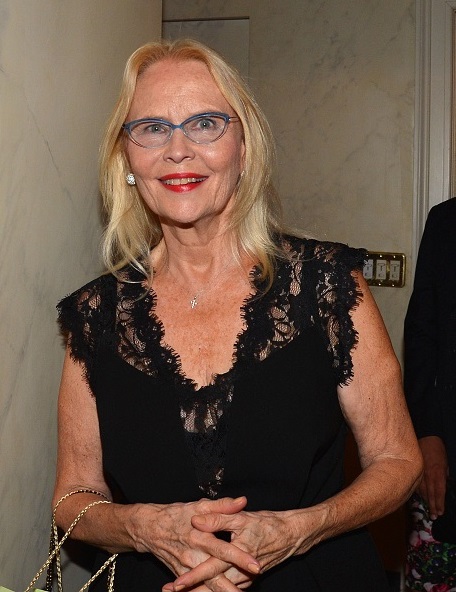
Cornelia Sharpe In 2016
